T4K3.news
Hamas Accepts Arab Mediated Ceasefire Proposal in Gaza Talks
Hamas says it agreed to a ceasefire plan mediated by Arab states; Israel's position remains unchanged as talks continue.
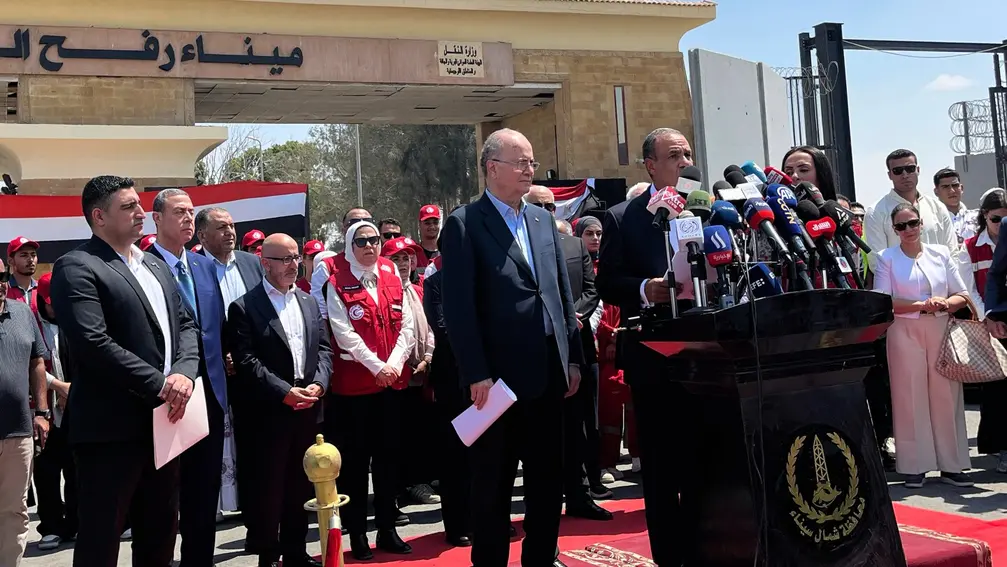
Hamas says it accepted an Arab-mediated ceasefire plan, while Israel's stance remains unchanged and mediation continues.
Hamas Accepts Arab Mediated Ceasefire Proposal in Gaza Talks
Hamas said it has accepted a new proposal from Arab mediators for a ceasefire in the Gaza Strip, a development not yet confirmed by Israel. The mediation, led by Egypt with Qatar's involvement, aims to restart talks on a 60-day ceasefire, hostage releases, and a longer lasting truce. Israel has indicated its positions have not changed and has signaled no breakthrough yet. Gaza’s Health Ministry estimates more than 62,000 Palestinians have died in the war and thousands more have been wounded as fighting persists.
Egyptian Foreign Minister Badr Abdelatty said mediators are pushing to revive the U.S. proposal and have invited U.S. envoy Steve Witkoff to join the talks. The talks come after Israel signaled plans to reoccupy Gaza City and other dense areas if ceasefire negotiations stall, heightening fears of a humanitarian catastrophe. The discussions also touch on whether to stage hostage releases during a pause or pursue a lasting ceasefire that includes an Israeli withdrawal. The United Nations and aid groups have warned that aid deliveries are hampered by restrictions on the ground; Rafah crossing has been largely nonfunctional since May 2024, complicating relief efforts.
Key Takeaways
"We will only see the return of the remaining hostages when Hamas is confronted and destroyed!!! The sooner this takes place, the better the chances of success will be."
Trump's post on social media commenting on hostage negotiations
"they are open to other ideas, including for a comprehensive deal that would release all the hostages at once"
Abdelatty describing mediator flexibility
"under massive pressure"
Netanyahu on reports of Hamas acceptance
"the militant group had accepted the proposal introduced by the mediators"
Bassem Naim confirming Hamas acceptance
Mediators are trying to turn a fragile pause into durable negotiation space, but trust remains the main hurdle. The involvement of Egypt and Qatar signals a regional push to redefine the terms of a ceasefire beyond传统 truces, yet the gaps on hostages and troop withdrawal are wide. The United States continues to influence the process, though public signals from Washington have not closed the door to a broader agreement.
Diplomacy now hinges on timing as much as text. If a 60-day window can secure hostage releases and humanitarian access, it could buy room for a longer-term settlement. If not, the cycle of pressure, retaliation, and stalled talks risks renewing large-scale violence and deepening civilian suffering. The situation underscores how regional leverage, domestic politics in Israel, and humanitarian concerns intersect in a conflict with no easy exit.
Highlights
- Diplomacy is a fragile pause in a long crisis
- Hope rides on a mediated pause that could break wide open
- The clock is a weapon in any ceasefire
- Mediators push for a path that keeps civilians alive
Political sensitivity and security risk around Gaza ceasefire talks
The article centers on high-stakes diplomacy, hostage negotiations, and a humanitarian crisis in a volatile region. Any shift in stance by Hamas or Israel, or a breakdown in talks, could trigger renewed violence and international backlash. The piece references several state actors and fragile timelines, making the story potentially controversial for audiences with strong views on the conflict.
Diplomacy is tested by time and the inability to protect civilians on the ground.
Enjoyed this? Let your friends know!
Related News
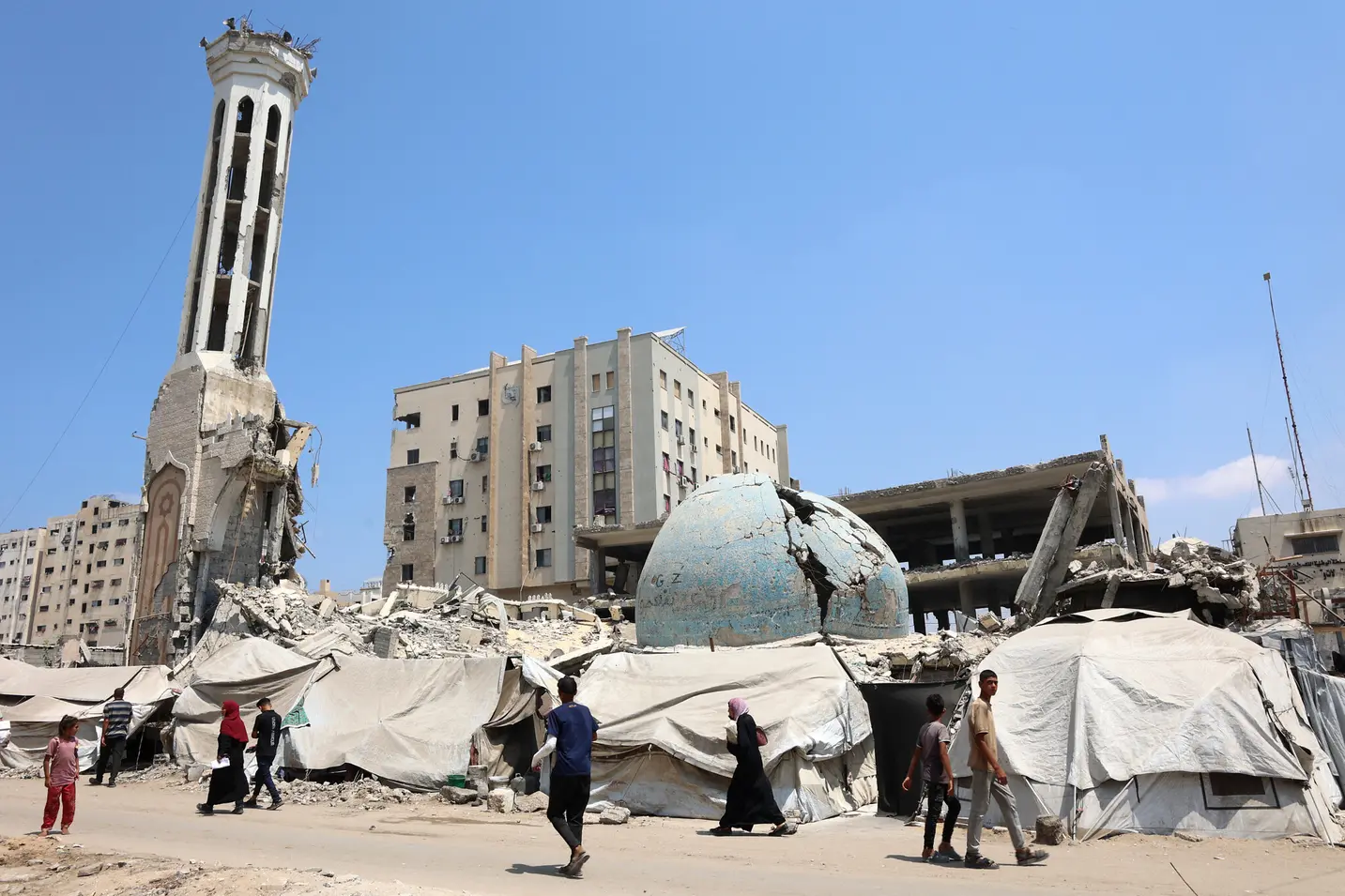
Ceasefire talks advance
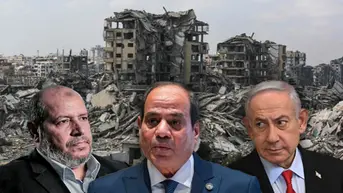
Gaza talks in Cairo advance new ceasefire plan
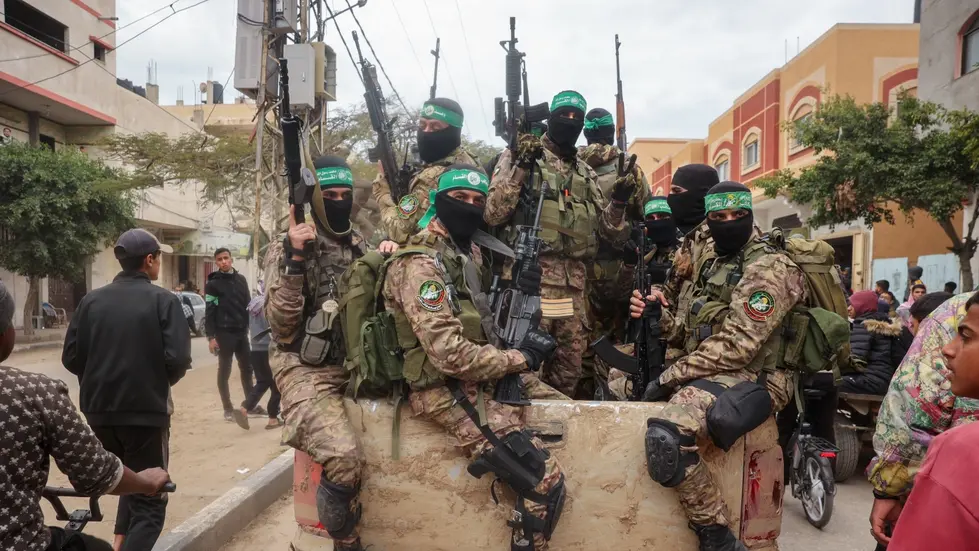
Hamas weighs ceasefire as regional diplomacy heats up
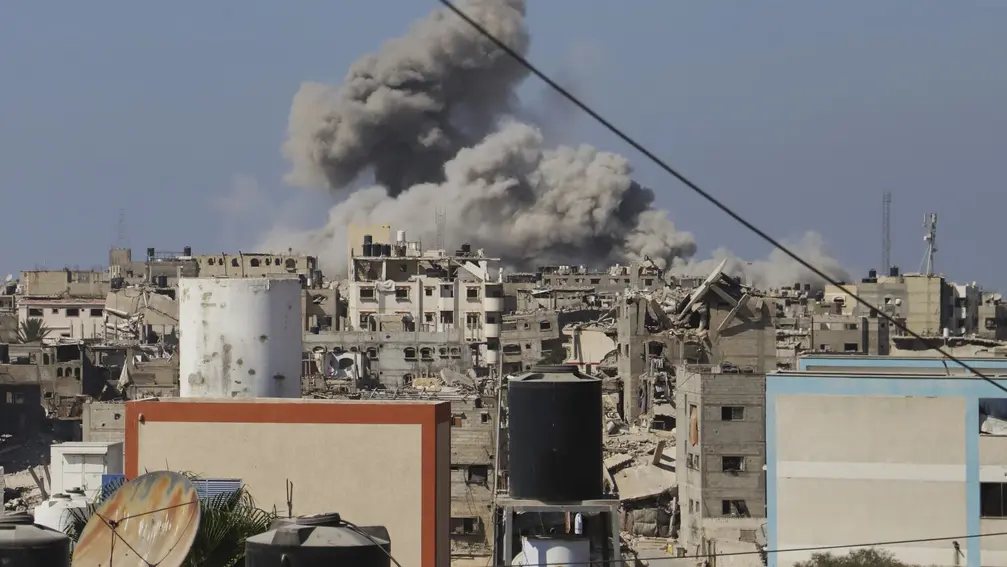
Ceasefire talks under pressure
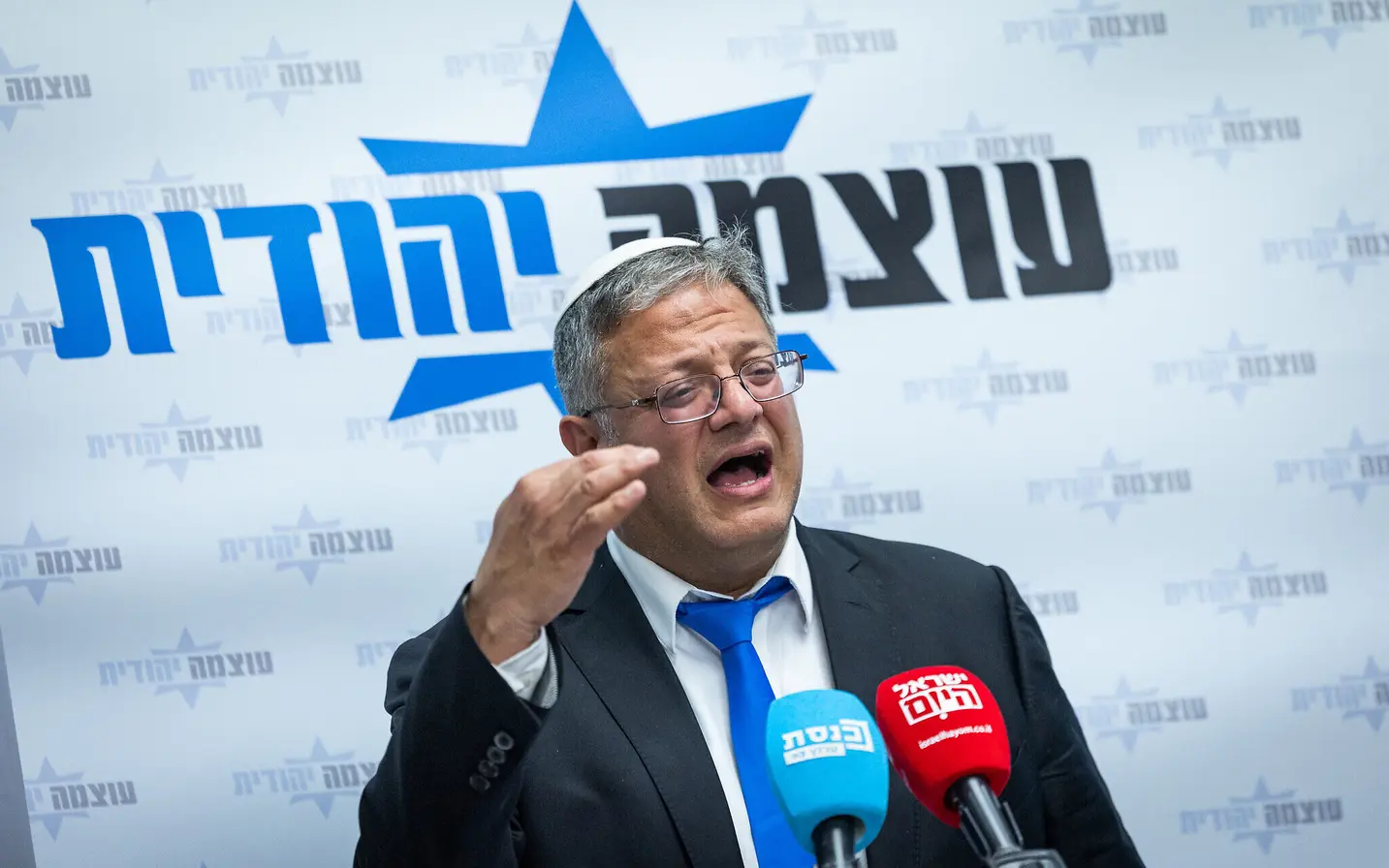
Hamas shows willingness to negotiate as Israeli hawks resist
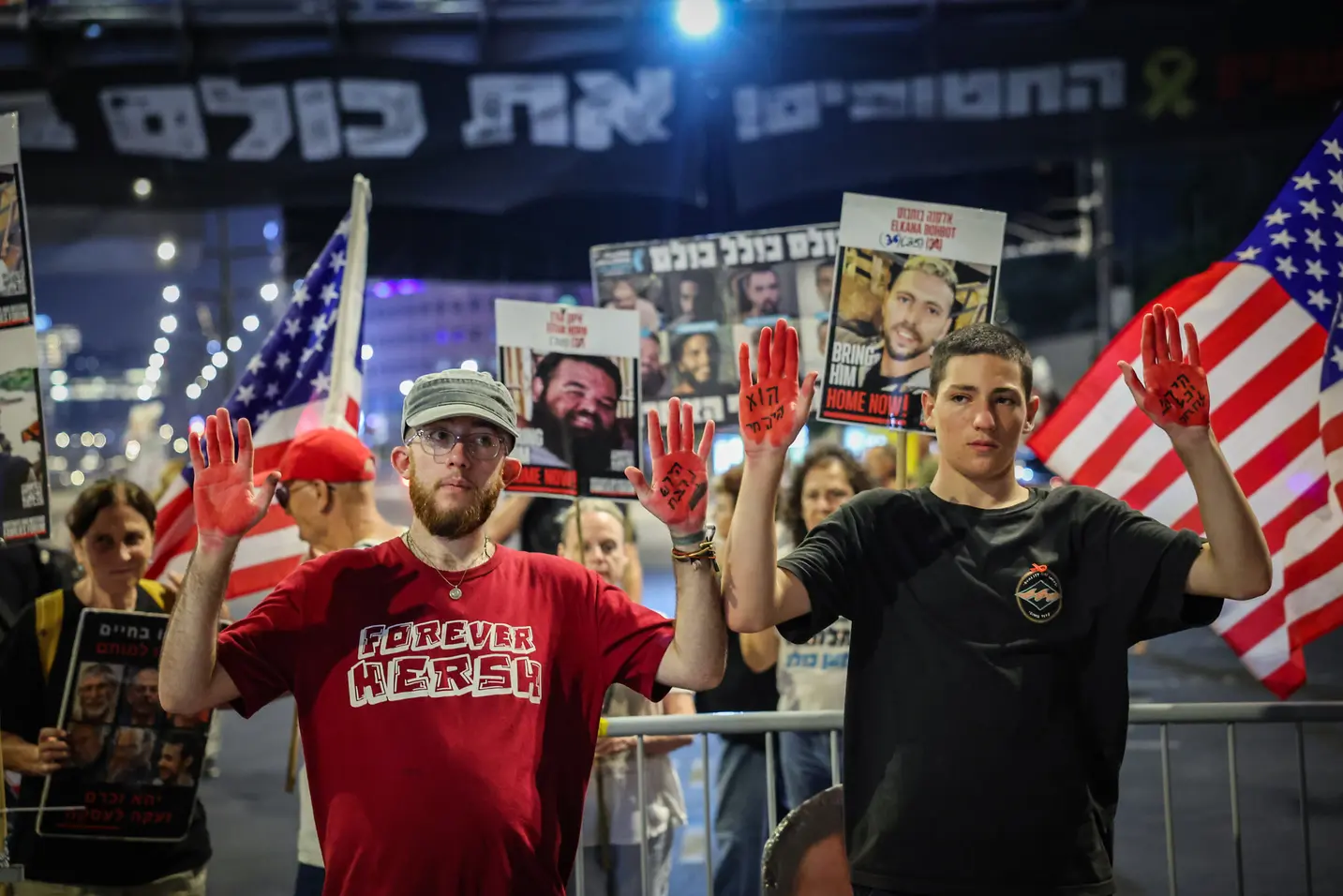
Hamas Signals Willingness to Ease Demands as Talks Resume
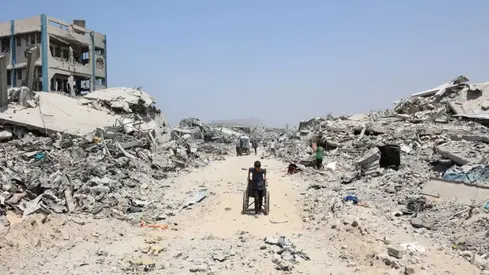
Ceasefire talks show new momentum
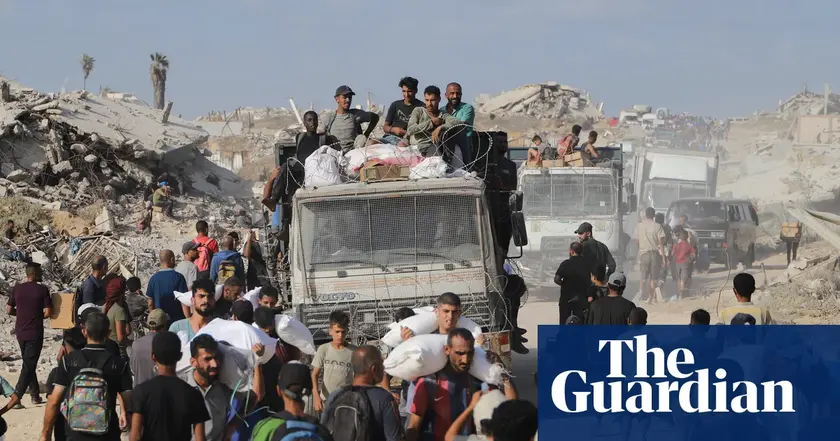
Ceasefire proposal on Gaza gains support
